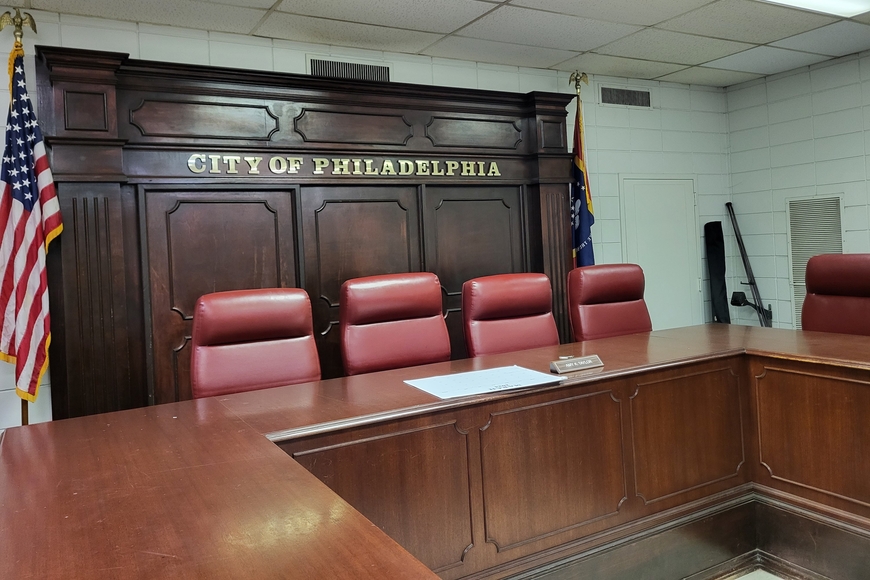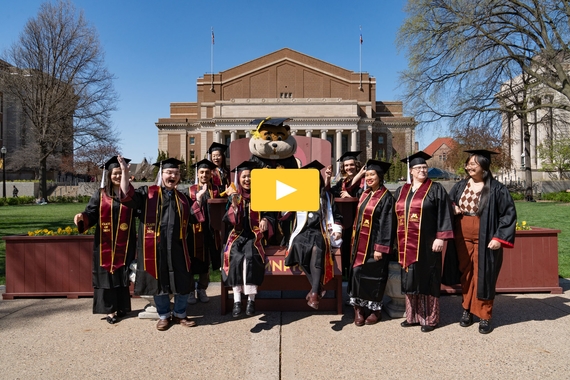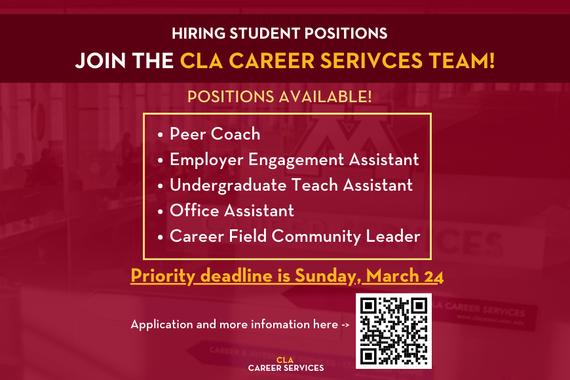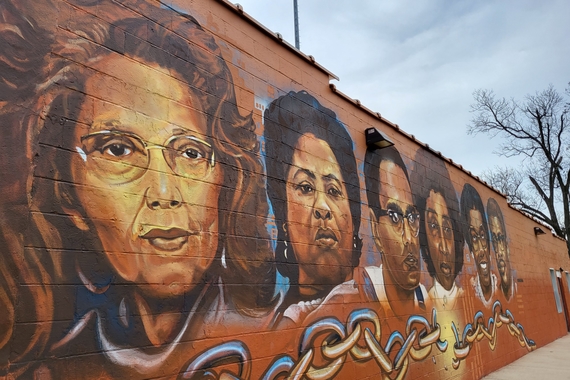MLK Immersion Day 6: Philadelphia, Mississippi
Video of Philadelphia activities by Calli Hadler
PHILADELPHIA, Miss. – In 2006, Leroy Clemons, a Black man, was invited to a Ku Klux Klan meeting.
Clemons, the executive director of Neshoba County Youth Coalition and co-founder of the 2004 Philadelphia commission, which aimed to bring justice to the three men killed in the Freedom Summer Murders, said he believed the KKK thought he was white.
Clemons joined the University of Minnesota’s MLK 3000 course through Philadelphia on Friday, and taught the class more about the Freedom Summer Murders and Philadelphia as a town.
Elliot Leong, a first-year student in the class, said that Clemons’s presence impacted his own understanding of Philadelphia.
“Mr. Clemons’s tour was my favorite part of our trip,” Leong said. “His complete knowledge and understanding of his city which he is changing for the better gave us all a lot of hope for the future.
KKK members in Philadelphia tortured and killed a Black man, James Chaney, and killed two white men, Andrew Goodman and Michael Schwerner, because of their involvement in the Council of Federated Organizations’s 1964 Freedom Summer, a project to increase the number of registered Black voters in Mississippi.
In a 1967 federal trial of the murders, only seven of the 21 charged men involved were convicted, with none of the convicted serving more than six years in prison.
In 2005, the work of Clemons and many others to reopen the case resulted in Edgar Ray Killen, a KKK organizer who planned the murder, torture and dumping of Chaney, Goodman and Schwerner, sentenced to 60 years in prison, 20 years for each man killed.
Clemons also brought the class to a few important places across Philadelphia, such as Philadelphia High School.
At the school, the class had the opportunity to interact with Clemons and PHS principal Steve Eiland. Eiland said the wealth disparity between PHS and Neshoba Central High School hindered the success of PHS.
NCHS, a primarily white school with no Black members on its school board, receives much more funding than PHS and attracts more students to their school due to the higher amount of funding.
After learning about the problems within Neshoba’s education system, Clemons brought students to Philadelphia City Hall, where they met Mayor James Young.
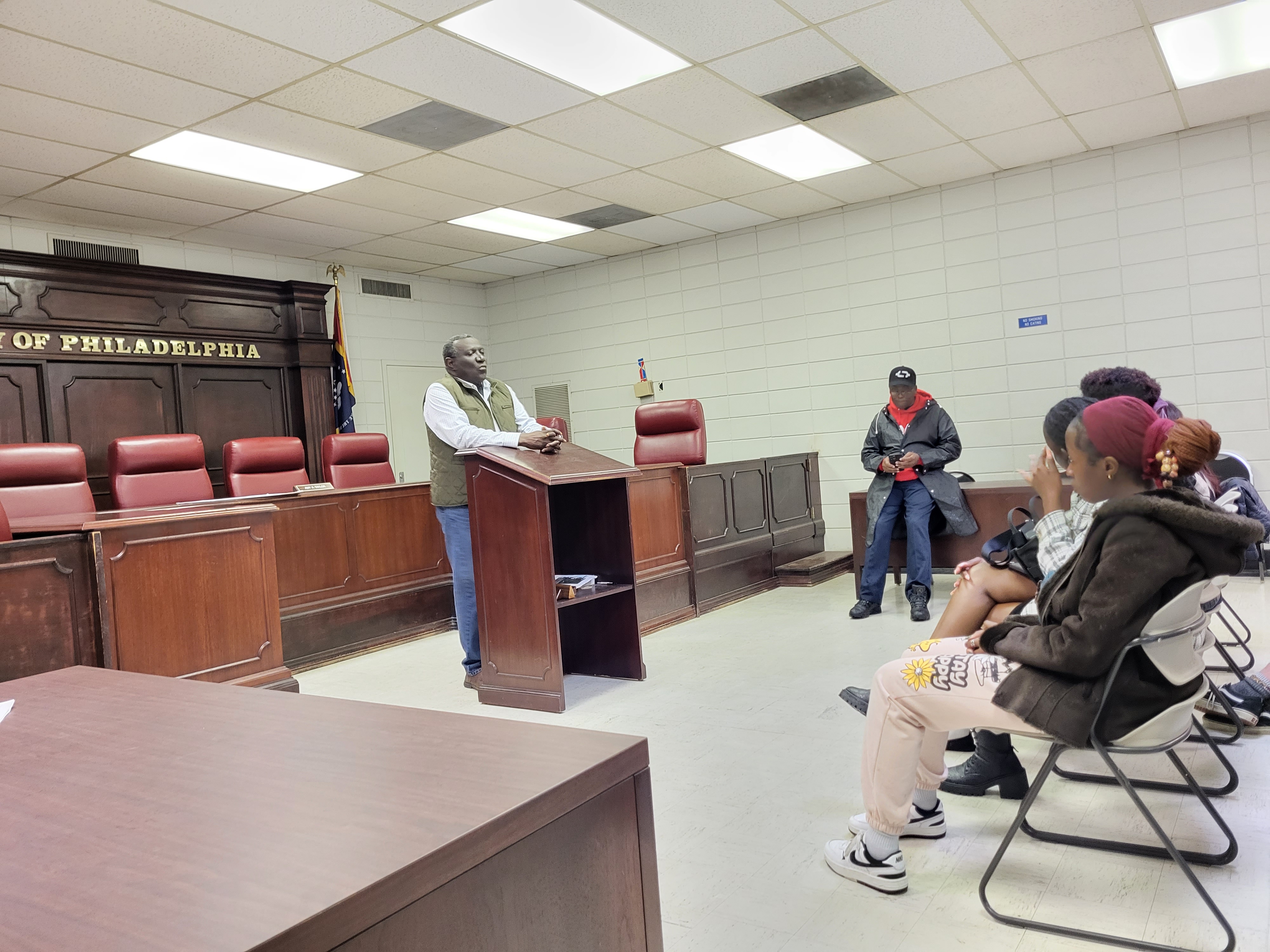
Young, who’s been mayor of Philadelphia since 2009, is in his fourth and final term as mayor. Young used his reputation as a paramedic in the community to win his first election, and hasn’t lost an election since.
Young said he got into politics to help others.
“I wanted to get involved so I can help make the decisions that benefit our community,” Young said. His impact on the community has been his most prideful accomplishment.
“I’m most proud of seeing how the community has improved,” said Young. “Those days of being fearful are over.”
While pointing to his heart, Young gave one last piece of advice to the class:
“It’s a challenge today,” said Young. “But you can do it with this.”
The class then departed for Demopolis, Ala., for its last night before returning back to Minnesota.
Cade Peterson, a third-year student in the class, said that hearing from mayor Young deepened his understanding of Philadelphia.
“Hearing from the mayor allowed me to get a better feel for Philadelphia in a way that I wasn’t expecting,” Peterson said. “He seemed genuine in his responses about the history of Philadelphia and the people living there today.”
By Alec Zadra
